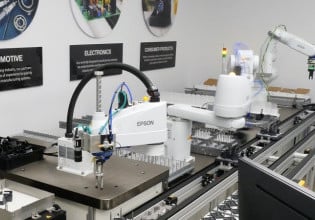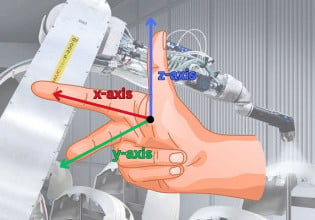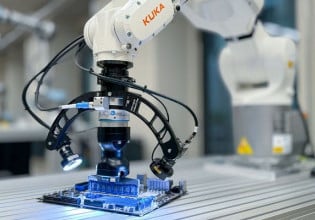Hello everyone,
We are in a position to select PLC and SCADA system for a new plant in South America. The plant will have 5000-10000 tags, 50-100 analog control loops. I am wondering if anyone can give me some recommendations about choose right PLC brands from Emerson,Allen Bradley, Schneider and Siemens and SCADA software. we prefer to have Ethernet/IP communication protocol.
Anybody has experience about Ignition from Inductive Automation? is it good Scada software?
Many thanks!
We are in a position to select PLC and SCADA system for a new plant in South America. The plant will have 5000-10000 tags, 50-100 analog control loops. I am wondering if anyone can give me some recommendations about choose right PLC brands from Emerson,Allen Bradley, Schneider and Siemens and SCADA software. we prefer to have Ethernet/IP communication protocol.
Anybody has experience about Ignition from Inductive Automation? is it good Scada software?
Many thanks!






